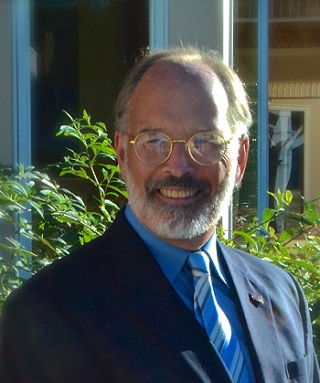June 1950: It was just five years since the end of World War 2. The United States and its allies were facing a new mortal threat from the communist Soviet Union. The Russians had imposed communist regimes in Eastern Europe. Tensions flared in Berlin to the brink of war. China had fallen to the communists. And the American Eighth Army was fighting for its life in Korea.
At home we were entering a new “Red Scare.” Former State Department official Alger Hiss was in prison for having lied about being a communist. Teachers were prosecuted for refusing to take a loyalty oath. FBI Director J. Edgar Hoover claimed that there were forty thousand U.S. Communist Party members in America and another five hundred thousand sympathizers.
The U.S. House Committee on Un- American Activities, featuring Richard Nixon, convened a two-day hearing on communists in Cincinnati. The star witness was FBI informant Martha Emiston. She testified that in the early 1940’s there were approximately 150 active communists in the Cincinnati area. They joined communist front organizations, distributed communist newspapers, wrote letters supporting the Soviet Union and sparked labor unrest at Cincinnati’s Powell Valve Company- halting production of crucial valves used in U.S. submarines.
Among the names cited was that of Reverend Don West.
West, the son of a Georgia sharecropper, was born in 1906. He became radicalized after being exposed to the leftist Social Gospel movement while attending Vanderbilt’s Divinity School. He was a Congregational Minister, a socialist, poet, labor organizer, co-founder of the Highlander Folk School-a communist front organization, educator, a recruiter for Americans who wanted to fight for the leftists in the Spanish Civil War, and a civil rights activist.
In 1939, West came to Bethel with his wife Connie and baby daughter Hedy to work as a pastor and youth leader at the interdenominational Christian Fellowship Parish. (Hedy became a well-known folk singer and composer. Her best-known work was “500 Miles “, made popular by John Denver and the folk group Peter, Paul and Mary.) He saw the job as an opportunity to teach his brand of “Christian Social Ethics”.
While in Bethel, West became active in the American Peace Mobilization- a communist front organization. He was associated with known members of the Ohio Communist Party. West also wrote articles supporting the Soviet Union. His activities led the FBI’s Cincinnati field office to conclude that he “was active in communist circles in the Cincinnati section of the Party.”
Was Don West a communist or at the very least a socialist with communist sympathies? The evidence is pretty substantial that he was. A Mr. Howell told the FBI that West was “well educated, strong as an ox and is disloyal to the U.S.” He invoked his 5th Amendment rights against self-incrimination fifteen times before a government committee. A declassified FBI file claimed that he was the leader of the North Carolina Communist Party.
Was West able to square his Christian faith with the atheism of doctrinaire communism? He saw Jesus as a revolutionary who gave his life to the poor. He said, “I have tried to live my life according to the teachings of Jesus. I believed in everything the communists were doing that I was involved in.”
When asked directly whether he was a communist, West denied it-stating that he was never a formal member of the party. He admitted, however, that he had worked closely with people he knew were. If nothing else, West was a self-confessed leftist revolutionary.
Did his Bethel employers know his views when he was hired? Was his band of radical Christianity acceptable to them? Did he use his position as youth pastor as an opportunity to convert area young people? Did his short tenure in the Bethel community reflect the incompatibility of his band of politics and those of his parishioners? Unfortunately, we probably will never know the answers to those questions.
Rev. West left Bethel after about one year and returned south. He died in West Virginia in 1992. He was 86 years old.
Gary Knepp is Clermont County’s honorary historian and is the author of eight books about Clermont’s history. Knepp’s website is www.garyknepp.com

